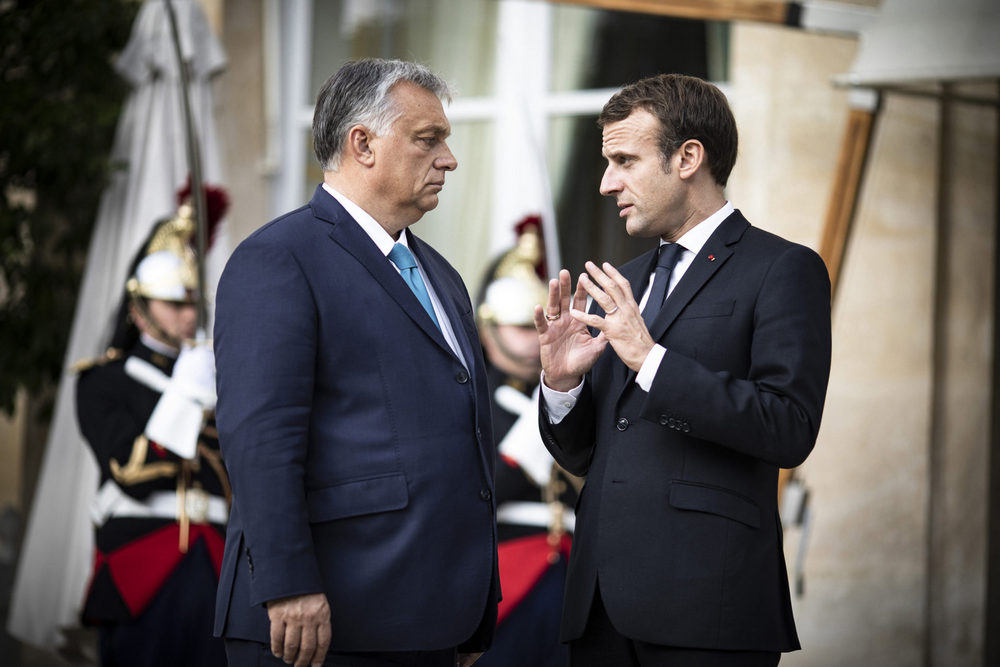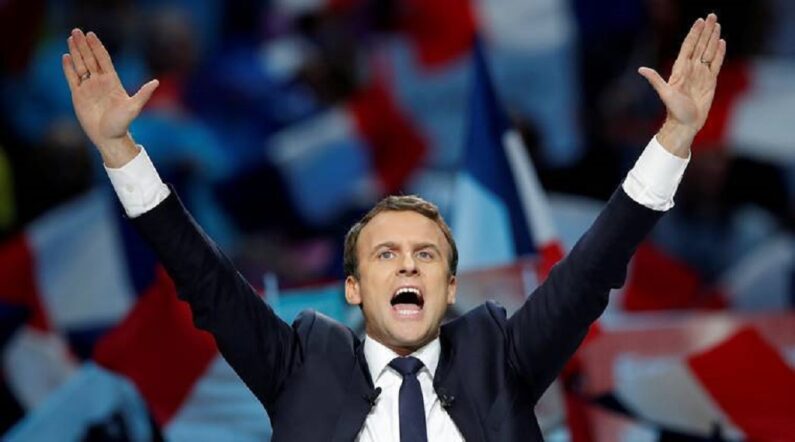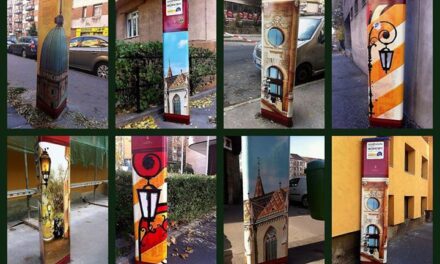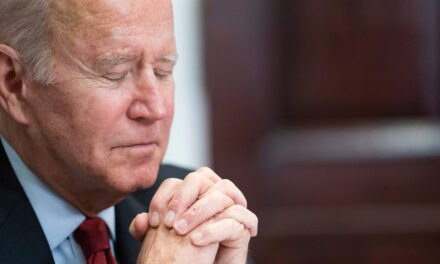Since May 14, 2017, having won the post of President of the Republic, Emmanuel Jean-Michel Frédéric Macron has been leading the politics of France.
What a denial, he cut in prepared. After working as a senior official and consultant, he gained experience as Minister of Economy and Industry in the previous socialist government. And in 2017, at the head of a centrist movement, he even won the support of the centre-right to become the leader of the country. But what forces were and are behind him is indicated by his previous work at the Ministry of Finance; and worked for him as an investment banker at the Rothschild bank. So it is perhaps not a coincidence that during his presidency, the country was divided: there are the well-to-do and the masses. Needless to say, Macron expresses the interests of the former, while ordinary people are left with the - even extreme - street appearance of discontent; I am referring here to the best-known series of yellow vest demonstrations.
He is not picky about tools; be it the rubber stick - or the pushing aside of democratic rules. The most typical example of the latter is the 2019 prosecutor appointment scandal: at that time, he pushed aside a recommendation supported by his own justice minister. There were two more candidates, but the ministry still had to announce a new tender according to the president's taste. So much for the independence of the French prosecutor's office... This and other lesser-known appointment events highlight the decisive pressure the government exerts on the high level of the judiciary. In fact, the French government likes to describe similar cases in other countries as deficiencies in the rule of law. Marine Le Pen's twitter post typical of the case "The President of the Republic interferes in the appointment of the Paris Attorney General: Hungarians and Poles can have fun!" )

Number one opponents ( Photo: MTI/Prime Minister's Press Office/Balázs Szecsődi )
We can also remember that in 2019, at the start of the EP campaign, Macron and the Hungarian Prime Minister mutually defined each other as number one opponents. Since then, members of the French government have repeatedly referred to our country as a counterexample to the "progressive side of Macron", often not caring about the facts.
Despite all this, the Franco-Hungarian friendship group of the Hungarian Parliament, chaired by our current president of the republic, Katalin Novák , worked hard to build good relations. Hungarian foreign policy saw and sees opportunities for cooperation in some important matters (e.g. common agricultural interests, some sub-issues of third world immigration). For us, this is particularly important because Macron is trying to take over the leadership role in the Union from Germany, which has an uncertain leadership after Merkel In this way, he does not deal with internal problems, e.g. that public services, education and healthcare collapsed under his control. is channeled by Jean-Luc Mélenchon at the head of the left-wing bloc
A survey conducted by the Institut Montaigne among young people highlights an even more alarming mood. 22 percent of the respondents believe that it is permissible to use violence for social purposes. 37 percent of them are willing to break into the buildings of ministries by force as a protest in connection with such a movement! Most recently, the Ukrainian-Russian war overshadowed the leading issue of the presidential election, the failure to integrate the immigrant Muslim masses; but at the same time, it allowed the president to play the role of peacemaker in distant war events instead of talking about the real economic and social problems of France, the difficulties of living. This reinforces the public opinion that Macron looks down on the man in the street.
Many reviews suggest that despite his re-election victory, Macron has "managed" to become the most rejected politician in France. The movement of the yellow vests a few years ago and the radical politicians playing on this mood are gaining strength, but the average person may ask the question: if they are hated, why are they being re-elected?
But then we can know that there are great external forces behind it. France is one of the important battlefields of the fight between liberal globalists and sovereignists who defend national communities. This is what led to Brexit in the United Kingdom and the unexpected rise to power of former President Trump in the United States. On the other hand, the situation is complicated by the fact that 5 percent of the voters have a Muslim immigrant background. Previously, they specifically supported Macron, but now they are more divided because Mélenchon's message has become stronger. Above all, however, the president has so far been able to exploit the country's internal political divisions. Of course, it takes a lot of desperation for the extremes to become a force that decides elections. That is why, as in 2017, in the April presidential election, Macron defeated his main opponent Marine Le Pen in the presidential election and his party alliance was still able to obtain the majority of seats in 2017. And now, between April 10 and 24, he also won the presidential election and defeated Le Pen again in the second round - but it turned out that this time, for the first time, he did not have the simple parliamentary majority required to govern. Macron is increasingly forced to rely on the centre-right, but this does not seem easy either: Christian Jacob , the president of the LR and the leader of the UDC, wants to remain in the opposition. However, to the outside observer, perhaps unexpectedly, a strong left-wing coalition appeared on the scene. And Jean-Luc Mélenchon, who was pushed out of the second round of the presidential election, now fought back in connection with the parliamentary elections - the socialist alliance, NUPES, which also includes communists, became the strongest opposition force in the parliament. Le Pen's National Compact also reaped big, winning a significant number of seats for the first time. In other words: there is stability.
Hungary has a tradition of paying attention to French events.
As early as 1789, János Batsányi wrote: "Come and look ahead to your fate,
cast your watchful eyes on Paris!"
After the British Brexit and the weakness of the German coalition, it seems that France is not able to take the reins of Europe. For me, this is another argument in favor of the need for elected leaders who rightly claim public acceptance at the head of the EU.
Author: András Kelemen
(Cover photo: France24)













